Banish Acne the Right Way: Modern Changes in Treatment
Acne is a common chronic skin condition affecting both teenagers and adults. According to researchers, we all possess acne-causing bacteria, but there are good and bad strains, which explain why some of us suffer horrific breakouts and some of us don’t.
Acne begins to form as oil and dead skin cells pile up deep inside the pore creating a solid plug or ‘seed.' These plugs are open comedones; they form when oil mixed with dead skin cells wrap around the tiny hairs within the pore, making the debris unable to flow naturally out to the surface. It takes approximately 30-90 days for a pore to fill with enough debris to cause a pimple.
When skin becomes dehydrated dead cells often do not slough off the top of the skin properly. Leading to a buildup of dead surface cells that can block the pore opening blocking the pathway of normal healthy cell turnover, therefore trapping more debris from exiting the pore. This blockage creates a non-oxygenated environment that acne bacteria need to grow.
To best treat acne, it is important to create a skincare routine that suppresses the unwanted acne bacteria, properly hydrates, and exfoliates the surface of the skin, being careful to create balance and not over stripping the skin (which can lead to more oil production and potentially more breakouts). It is also important to note that most acne fighting ingredients tend to be very drying, so it is important to use a light-weight moisturizer to prevent dehydration.
The frustrating reality of treating acne is that bacteria are perpetually changing. To properly treat acne you will have to alter your treatment course fairly often to stop the bacteria from becoming immune to the method of treatment that you are using. Minor monthly tweaks to your routine either at home or in the clinic can make huge changes in the course of how your breakouts present themselves.
While targeted treatments help you win individual battles against acne it is the balance between good and bad bacteria that ultimately fight the war. Out of frustration, many people result to ‘sterilizing’ their skin with overly aggressive treatments that kill both the good and the bad bacteria. Even modern surgical techniques have changed since discovering that with topically sterilized skin, once bacterial re-colonization starts there is no protection in place to ward off dangerous pathogens.
A better course of treatment is to respect the body’s natural barrier or microbiome, by bolstering the good bacteria and suppressing the bad with bacterial static products. Bacterial static’s rebalance bacteria by stalling the reproduction of unwanted bacteria rather than destroying it. We are working on creating a bacterial balance within the skin rather than destroying it.
In well-balanced skin, extractions are easier because there is less cellular debris blocking an opening, therefore diminishing this volcano-like effect and giving a clear path for normal cell turnover. Once we have achieved proper hydration and cell turnover, we are in a position to better control the amount of sebum (oil) that your body over produces and better prevent the cause of future breakouts.
PRODUCTS TO TRY

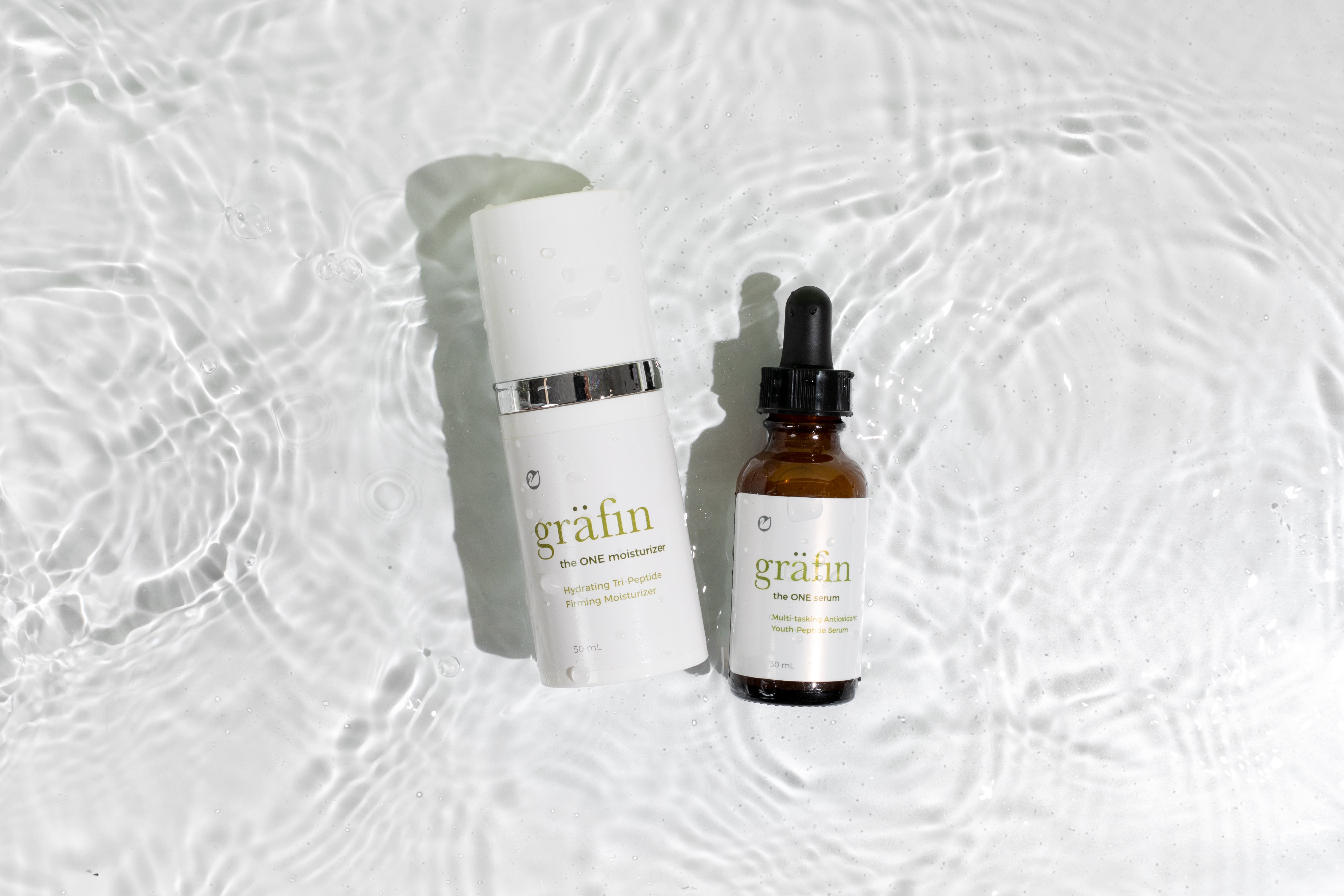
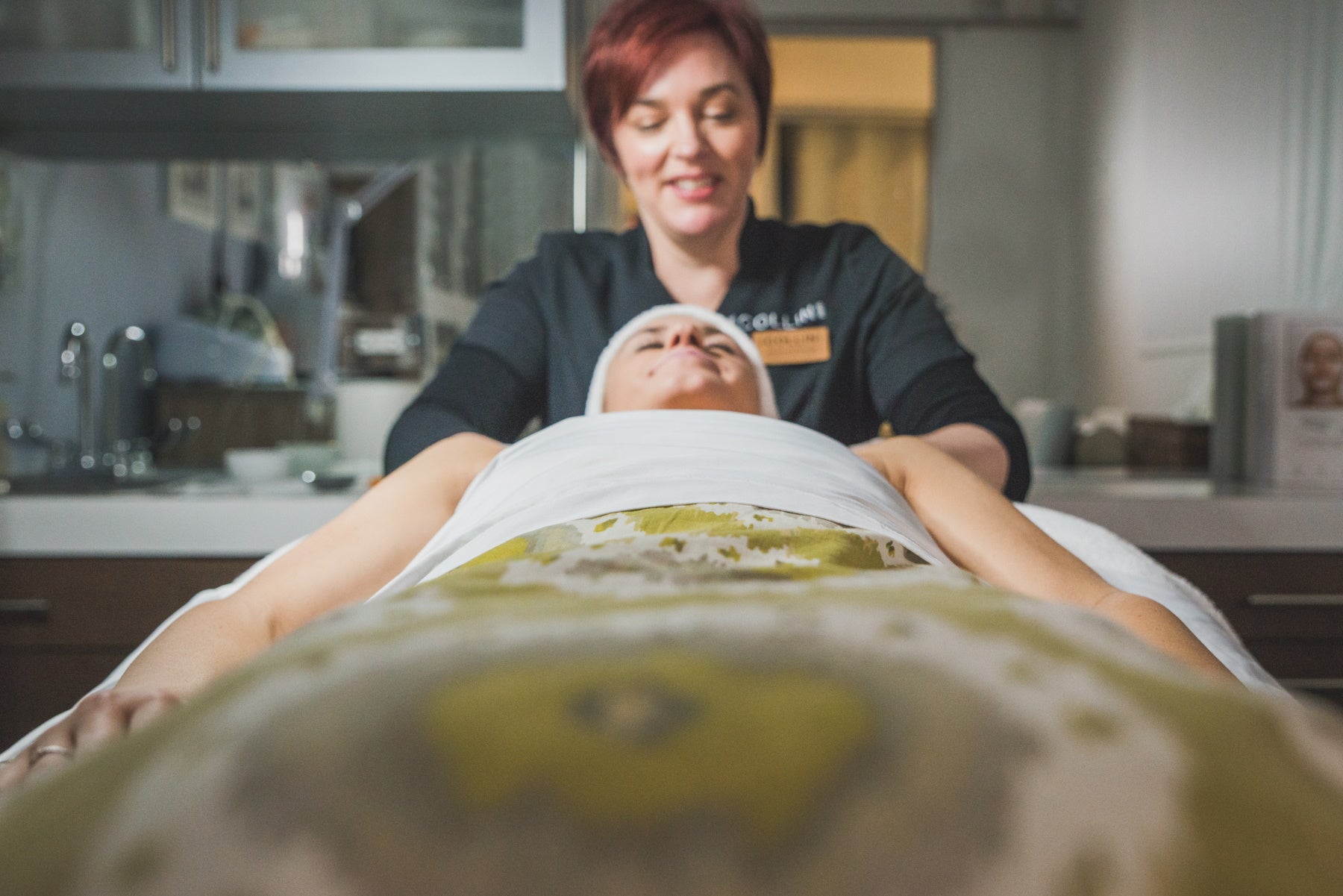
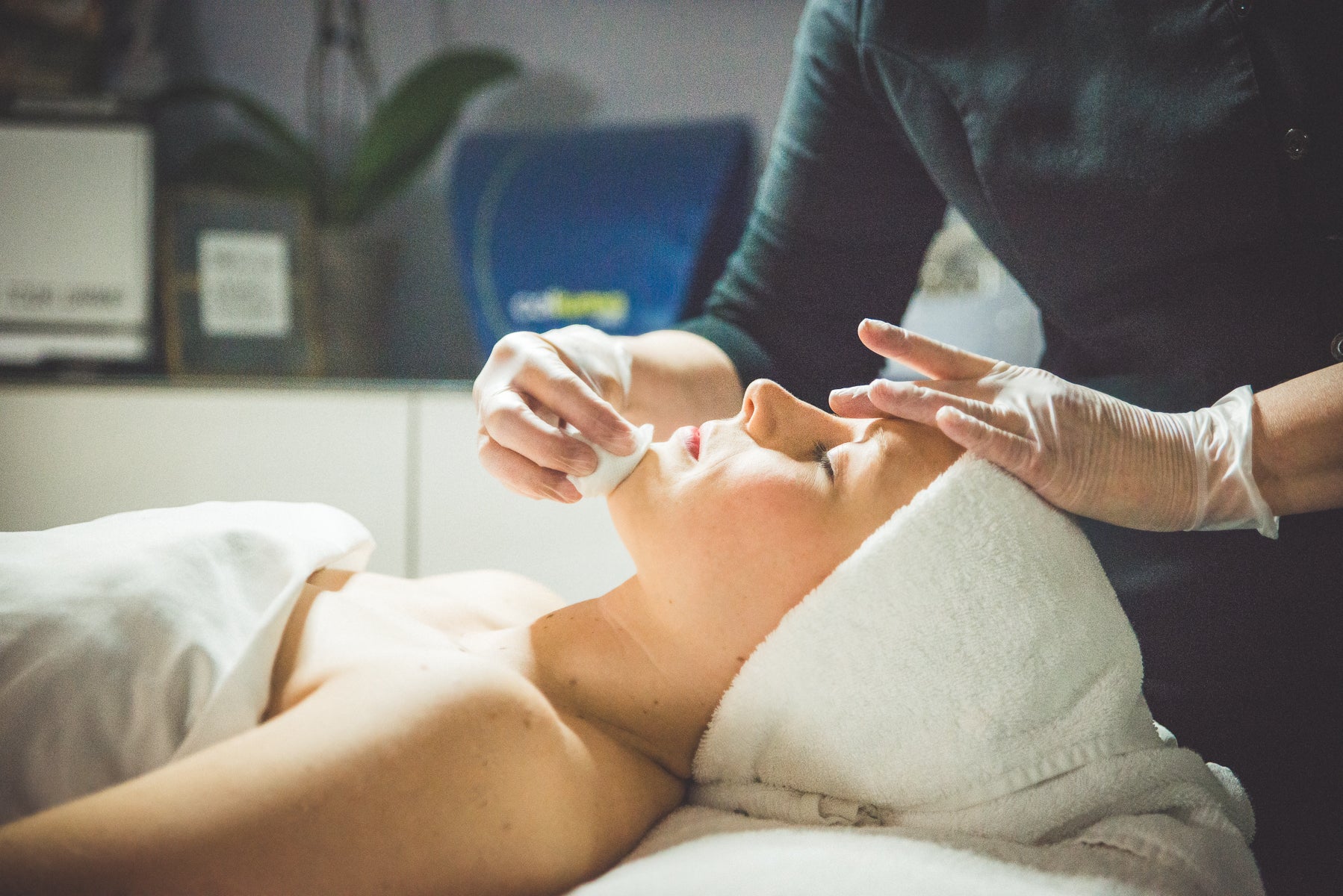
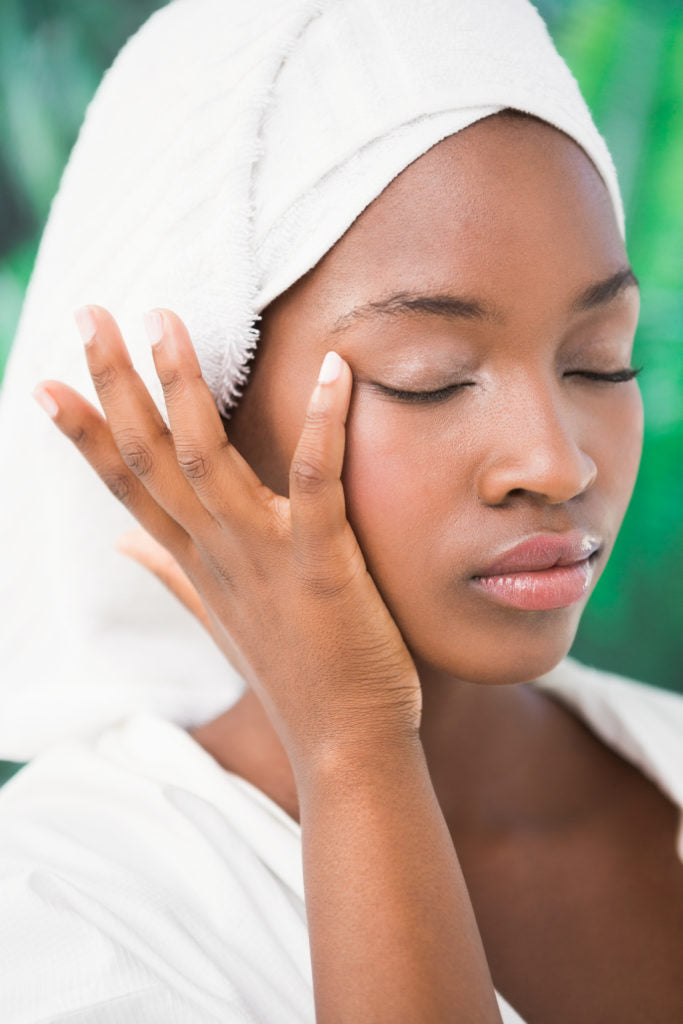
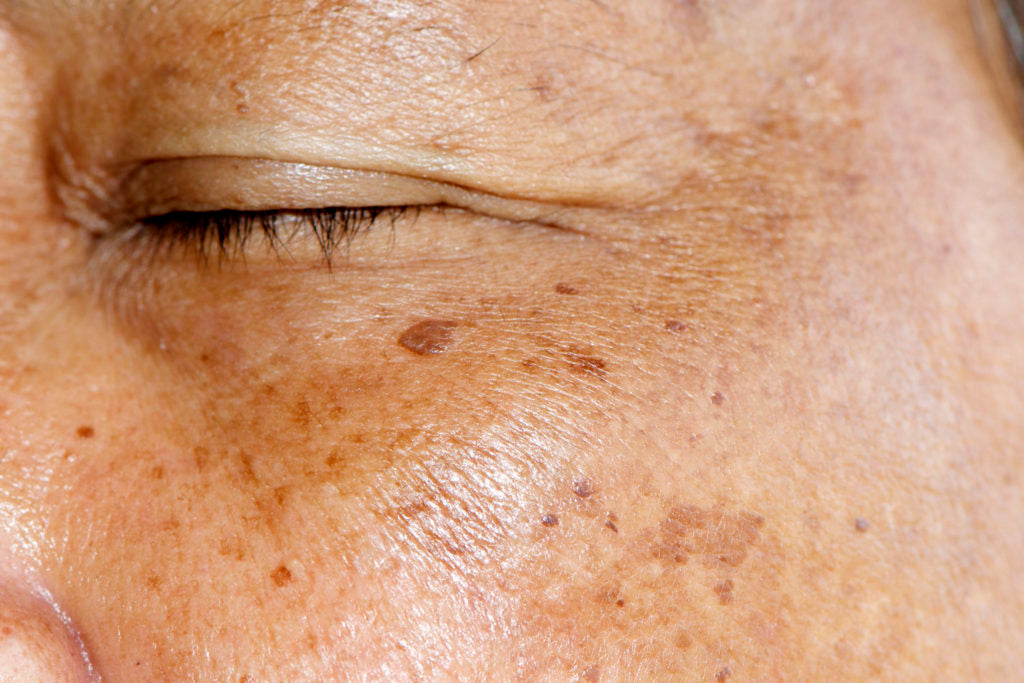
Leave a comment
This site is protected by hCaptcha and the hCaptcha Privacy Policy and Terms of Service apply.